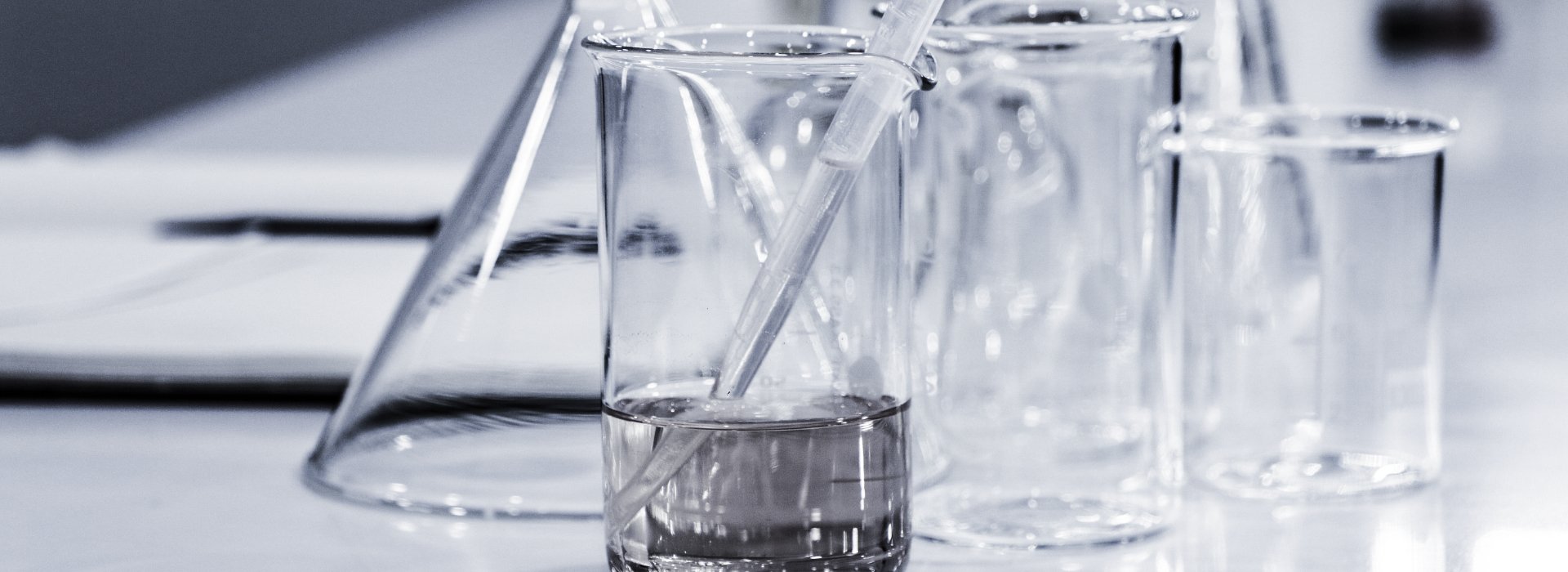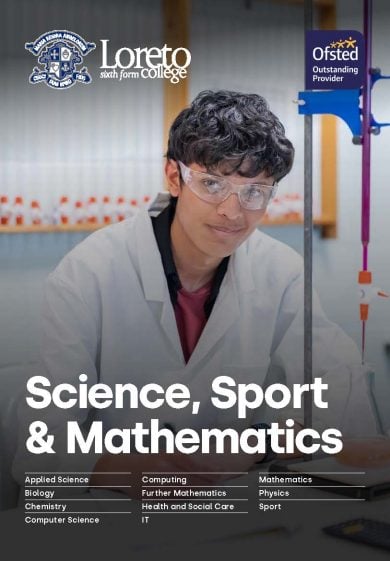What is Applied Science?
BTEC National in Applied Science (AAQ) is two year course equivalent to 1 A level.
Scientists and technicians working in science and science-related organisations must have a good understanding of core science concepts. A strong grasp of these concepts
will enable you to use and apply this knowledge and understanding in vocational contexts when studying other units within this specification.
Exam board: PEARSON
What Will I Study?
Over the two year course you will study 4 units:
Unit 1: Principles and Applications of Biology
In this unit you will investigate key fundamental concept in Biology, these include:
- animal and plant cells and tissues, including specialised cells
- biological molecules, including water, carbohydrates, proteins and nucleic acid
- cell transport
- enzymes activity
The unit will be assessed through one examination of 50 marks lasting 1 hour.
Unit 2: Principles and Applications of Chemistry
In this unit, you will re-examine basic chemistry (the periodic table, atomic and electronic structure, bonding and structure) with more advanced concepts such as ionisation energy, electronegativity, polarity, molecular shape and intermolecular forces. Periodicity will be explored through the study of Period 3 elements and their compounds, focusing on changes in oxidation number, physical and chemical properties. You will also investigate key topics in Physical and Organic Chemistry.
The unit will be assessed through one examination of 50 marks lasting 1 hour.
Unit 3: Principles and Applications of Physics
If you’ve ever considered how the mechanics of a car, your mobile phone or how circuitry work, you shouldn’t be surprised that physics plays a huge part in their action. This unit will explore the role physics has on our everyday tasks and activities, communication networks and our work with electrical circuits.
The unit will be assessed through one examination of 50 marks lasting 1 hour.
Unit 4: Practical Scientific Procedures and Techniques
This unit introduces you to standard laboratory equipment and techniques, including titration, colorimetry, chromatography, calibration procedures and laboratory safety.
Through the practical tasks in the unit, you will develop proficiency in the quantitative analytical techniques of titration and colorimetry, including learning to calculate the concentration of solutions. You will use measurement of temperature to study cooling curves and be introduced to paper and thin-layer chromatography (TLC). You will also have the opportunity to calibrate equipment and will be encouraged to be aware of the safety aspects of given laboratory procedures and techniques.
This unit will be assessed through a number of assignments.
Unit 6: Contemporary Issues in Science
This unit will explore contemporary science issues and their impact on the world we live
It will develop the students’ skills of analysis and interpretation across a broad range of scientific issues while exploring how they are reported in the media and in publications.
This unit will be assessed through a number of assignments.
Assessment
- Exams: 50% of overall grade
- Coursework / Non‑exam assessment: 50%
Skills
This qualification gives you the opportunity to develop a range of skills and techniques, personal skills and attributes for a successful careers in the science and related industries. There is also a large amount of practical work in this subject which will enable you to develop your laboratory skills and work safely and accurately in a work-based environment.
Careers/Destinations
Whilst many students go onto university to study science-based courses, potential careers destinations include:
- Working in a hospital as a medical technician supporting specialists
- Working as a quality control technician in a laboratory
- Working in a research laboratory on, for example, the development of a new pharmaceutical substance. This could include setting up apparatus, measuring and handling chemical substances, following procedures, making observations, separating and analysing products
- Working in a forensic sciences laboratory on the analysis of samples
- Working in a biotechnology company carrying out procedures such as fermentation
Frequently asked questions
What could you do with this course?
This course offers lots of possible progression routes, such as lots of degree opportunities or level 3 apprenticeships. Degree options include Biomedical Science, Audiology, Podiatry and lots of other NHS based degree opportunities. Former students have also gone onto degrees in Constructions, Quantity Surveying and Computer Science. Some former students have gone onto various level 3 apprenticeships.
What are the advantages of BTEC Science?
You will be supported by expert teachers who are friendly and knowledgeable. You will be able to look and investigate current scientific issues and relate them to scientific theory. This course will be assessed by both coursework and examinations. You will have the opportunity to resit exams and be able to improve coursework.
What are the career opportunities with this course?
There are lots of opportunities such as loads of medical NHS based careers, such as Perfusionist or Associate Physicain/Practitioner. This course can also lead to a wide range of scientific careers, such as Biochemist, Biomedical scientist or a role in Product Development. This course will also fit in with a wide range of other level 3 courses, and could lead to other degree and career opportunities.
What content will the course cover?
This course is split into 4 modules which covers aspects of Biology, Chemistry and Physics. The course will also involve maths for scientists. The course is also underpinned with important practical work.
What will you do in lessons?
You will do a wide range of activities to help you learn the subject content. This will be through booklets, practicals, and scientific research.
Where do the lessons take place?
You will study applied science in fully equipped purpose-built laboratories and computer suites.
Why should you study this course?
This is an amazing course for students that love all aspects of science and love to practical based learning. It will lead to lots of different routes to various careers.
Who will you be taught by?
You will be taught by enthusiastic professional teachers, who all have a love of science. Some of your teachers have worked in lots of different scientific workplaces and can share these experiences with you.
What do you need to do to be successful in this course?
You need to be an organized enthusiastic student, who, most importantly, loves science.
What support will students receive on this course?
You will be supported by a dedicated team of teachers. They will be able to support you both in real-time and electronically. In Applied Science we ensure that all students are thoroughly supported to help meet their full potential.

